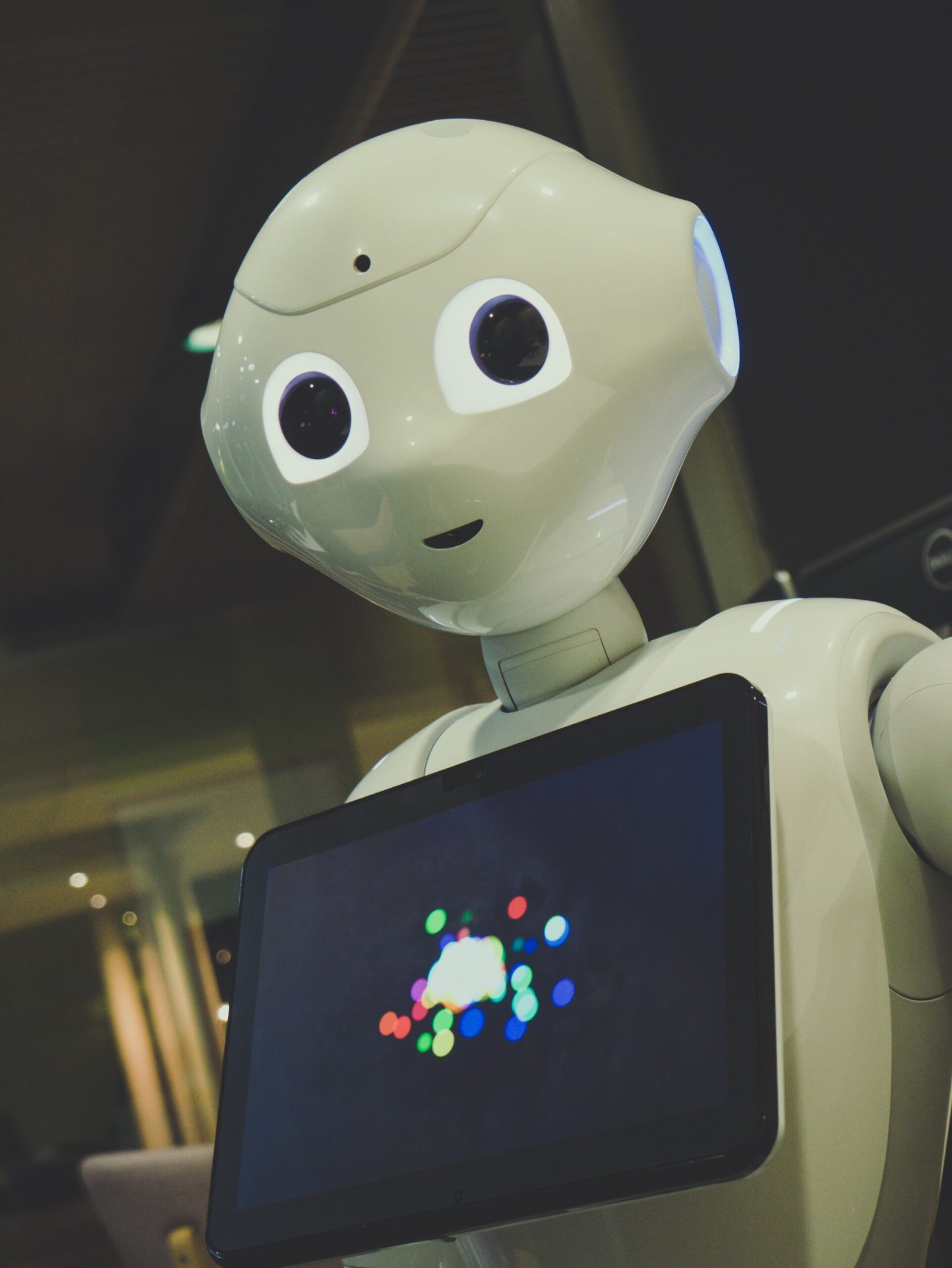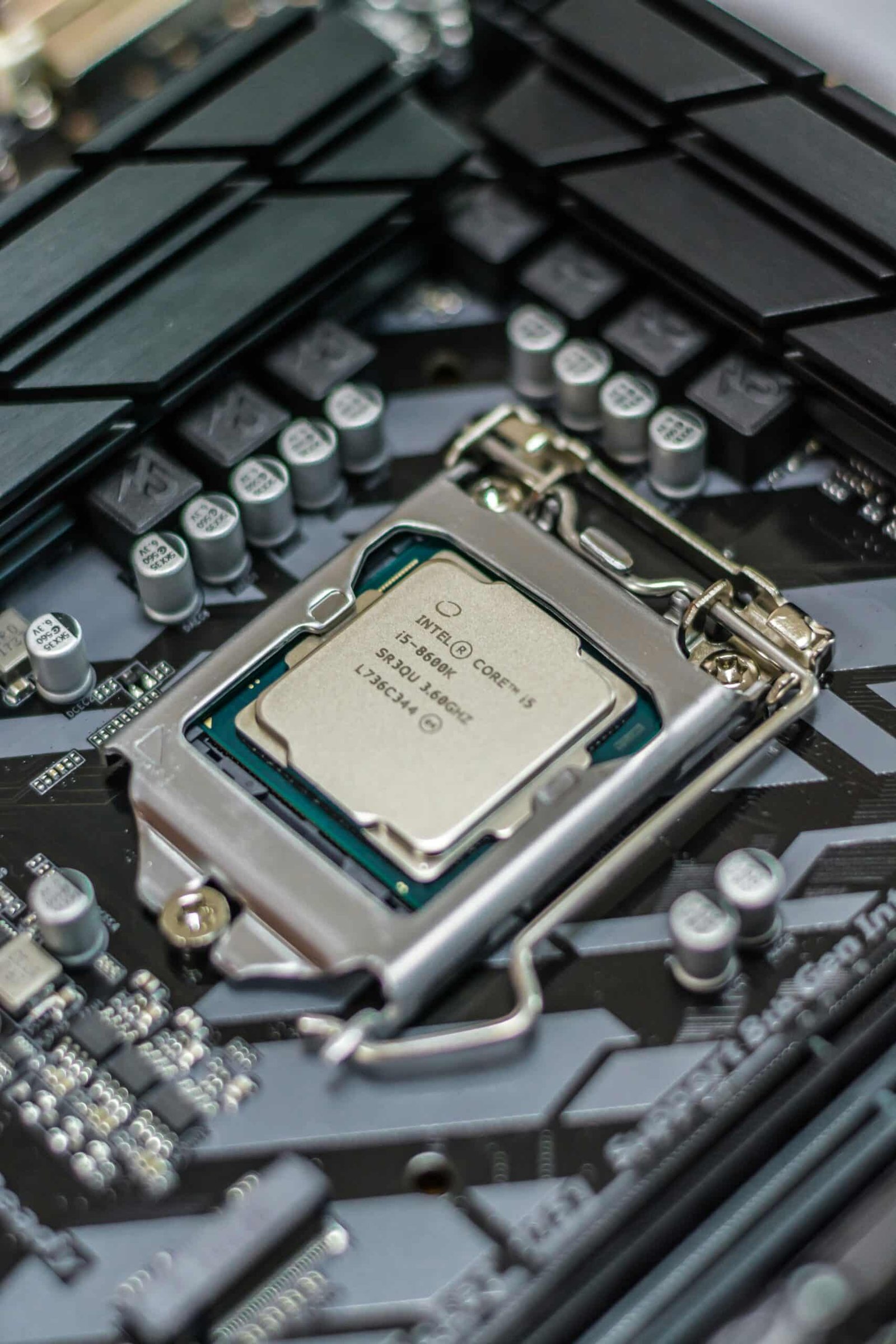Artificial Intelligence (A.I.) has been steadily advancing over the years, and 2024 is expected to be a significant milestone in its development. With breakthroughs in machine learning and natural language processing, robots and chatbots are poised to take a ‘leap forward’ in their capabilities.
The Power of Machine Learning
Machine learning is at the core of A.I.’s advancements. By analyzing vast amounts of data, machines can learn patterns and make predictions with remarkable accuracy. In 2024, we can expect robots to become even more adept at learning from their experiences.
Robots will be able to adapt to new situations and environments, making them more versatile than ever before. They will be capable of recognizing objects, understanding speech, and even learning from human interactions. This will enable them to perform a wide range of tasks, from household chores to complex industrial operations.
Chatbots: From Text to Visualization
Chatbots have become increasingly popular in recent years, providing automated customer support and personalized assistance. In 2024, chatbots will undergo a significant transformation by incorporating visual elements into their interactions.
With advancements in natural language processing and computer vision, chatbots will be able to understand and respond to visual cues. This means they can analyze images, videos, and even facial expressions to provide more contextually relevant and personalized responses.
For example, imagine chatting with a virtual assistant about a recipe. Instead of just providing text-based instructions, the chatbot can now display step-by-step visual guides or even show videos of the cooking process. This makes the interaction more engaging and intuitive for the user.
Enhanced Human-Machine Collaboration
As A.I. continues to advance, the focus is shifting towards enhancing human-machine collaboration. In 2024, we can expect to see more seamless integration between humans and robots or chatbots.
Robots will become better at understanding human intentions and working alongside humans in various settings. They will be able to interpret gestures, facial expressions, and even emotions, allowing for more natural and intuitive interactions.
Chatbots, on the other hand, will become smarter in understanding context and user preferences. They will be able to remember past conversations, anticipate user needs, and provide more personalized recommendations or solutions.
Ethical Considerations and Challenges
As A.I. becomes more advanced, it raises important ethical considerations and challenges. In 2024, there will be a growing need for regulations and guidelines to ensure the responsible development and use of A.I. technologies.
Privacy and data security will be key concerns, as A.I. systems rely on vast amounts of data to learn and make decisions. It will be crucial to establish transparent and ethical practices for data collection, storage, and usage.
Additionally, there will be a need to address potential biases in A.I. algorithms. Without careful monitoring, these algorithms can inadvertently perpetuate existing societal biases or discriminate against certain groups. Ensuring fairness and inclusivity in A.I. systems will be an ongoing challenge.
The Future of A.I. is Here
2024 is set to be a significant year for A.I., with robots and chatbots taking a ‘leap forward’ in their capabilities. Machine learning will empower robots to learn and adapt, while chatbots will incorporate visual elements for more engaging interactions.
However, as A.I. continues to evolve, it is crucial to address ethical considerations and challenges. By establishing responsible practices and regulations, we can harness the power of A.I. while ensuring fairness, privacy, and inclusivity.
The future of A.I. is here, and 2024 will be a year of remarkable progress and innovation.
Click Here to Read More Articles: truereviewmagazine.com










